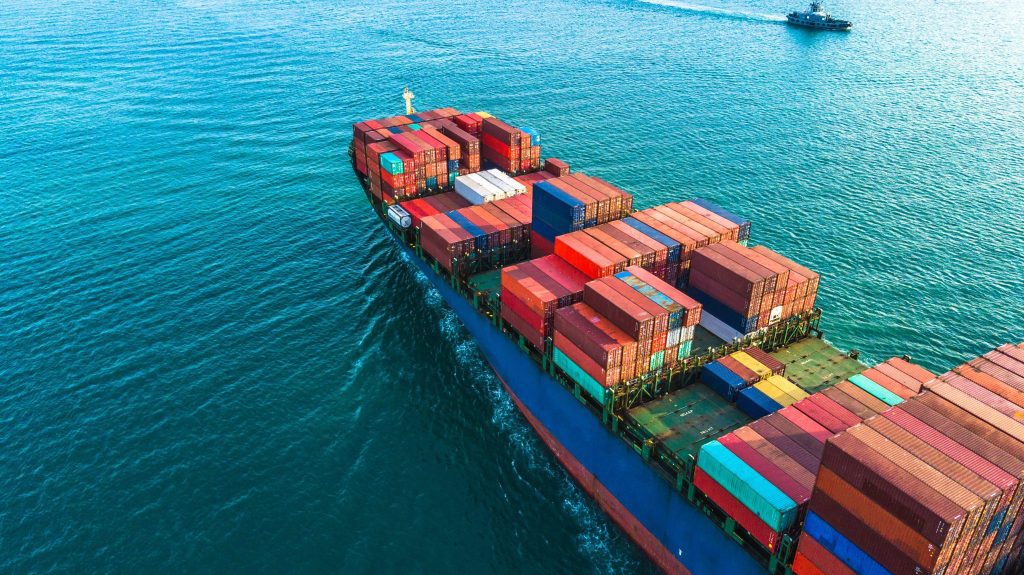Introduction to Freight Transportation Services
Freight transportation services play a crucial role in the global economy, facilitating the movement of goods across countries and continents. Businesses rely on these services to ensure their products reach markets, suppliers, and customers in a timely and efficient manner. From small packages to large shipments, freight transport covers a wide range of options to meet various needs. Whether via air, sea, road, or rail, each mode of transportation has its unique benefits and challenges. Understanding these services can help businesses choose the most cost-effective and reliable method to move their goods.
Different Modes of Freight Transportation
freight transportation services typically fall under four primary categories: road, rail, air, and sea. Each mode has its distinct advantages. Road transportation offers flexibility, particularly for short-distance deliveries. It allows businesses to transport goods directly from point A to point B. Rail transport is more cost-efficient for moving large quantities over long distances, especially across countries. Air freight is the fastest option but often comes with higher costs, making it ideal for time-sensitive or high-value goods. Lastly, sea freight is the most cost-effective for international shipments, especially for heavy or bulky cargo, though it requires longer transit times.
Challenges in Freight Transportation
Freight transportation services face numerous challenges, including regulatory issues, environmental concerns, and rising fuel costs. Regulatory hurdles vary between countries, with customs and compliance often leading to delays. Environmental factors are also gaining importance, with increasing pressure on the industry to reduce carbon emissions. As a result, many companies are seeking eco-friendly alternatives, such as electric trucks or rail transport. Additionally, the rising cost of fuel is impacting the affordability of freight services, pushing businesses to explore more sustainable and cost-effective solutions.
The Future of Freight Transportation
The future of freight transportation is evolving with technological advancements and a focus on sustainability. Technologies such as autonomous vehicles, drones, and advanced logistics software are transforming how goods are transported. Autonomous trucks could revolutionize road freight by reducing labor costs and increasing efficiency. Similarly, drones offer new possibilities for last-mile delivery, especially in remote areas. Logistics software that uses artificial intelligence (AI) and data analytics is optimizing route planning and fuel efficiency. Sustainability efforts are also on the rise, with more companies embracing green logistics to meet environmental goals.


